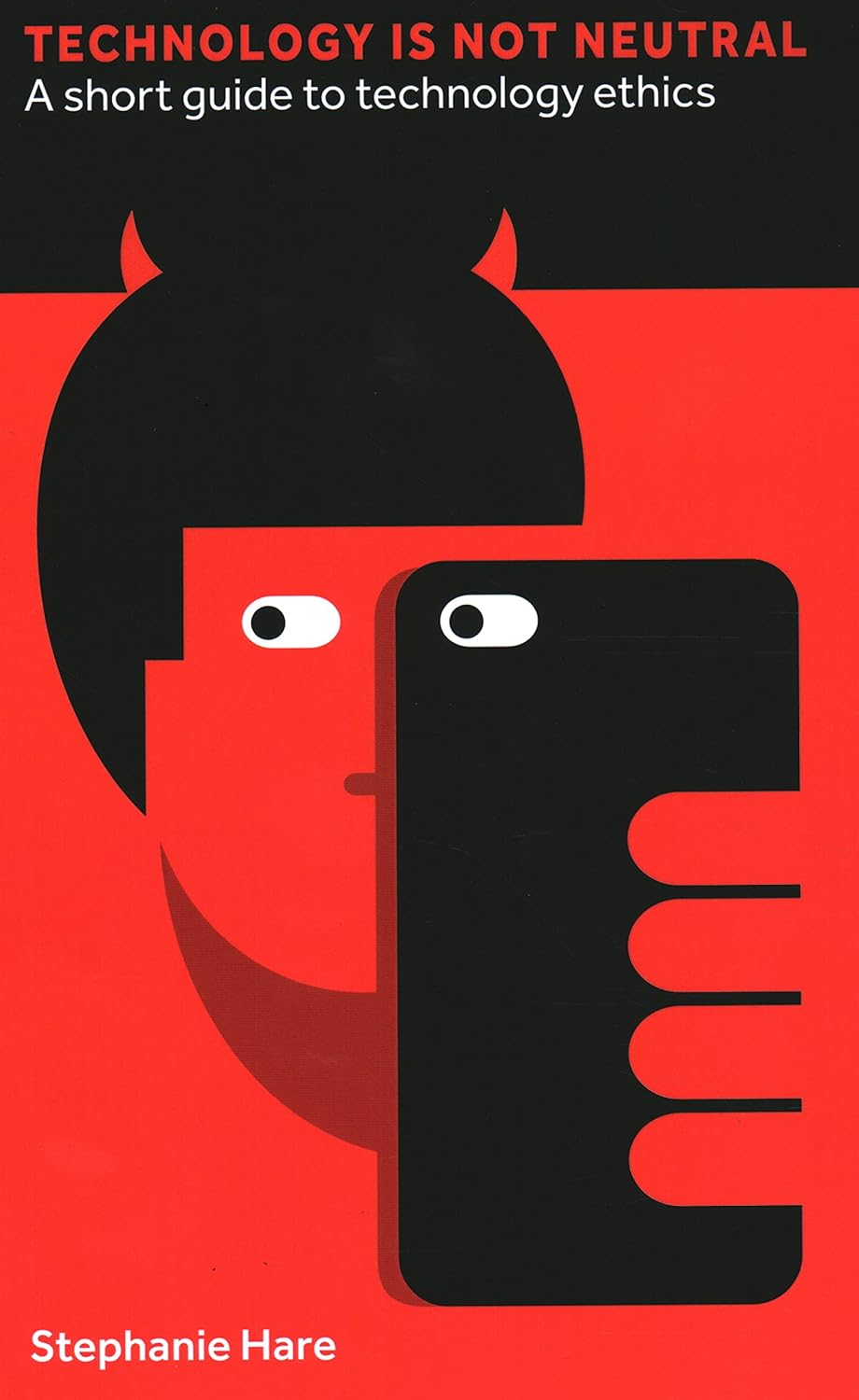
Categorii: Necatalogate, Neclasificate
Limba: Engleza
Data publicării: 2022
Editura: London Publishing Partnership
Tip copertă: Hardcover
Nr Pag: 304

It seems that just about every new technology that we bring to bear on improving our lives brings with it some downside, side effect or unintended consequence.
These issues can pose very real and growing ethical problems for all of us. For example, automated facial recognition can make life easier and safer for us – but it also poses huge issues with regard to privacy, ownership of data and even identity theft. How do we understand and frame these debates, and work out strategies at personal and governmental levels?
Technology Is Not Neutral: A Short Guide to Technology Ethics addresses one of today’s most pressing problems: how to create and use tools and technologies to maximize benefits and minimize harms?
Drawing on the author’s experience as a technologist, political risk analyst and historian, the book offers a practical and cross-disciplinary approach that will inspire anyone creating, investing in or regulating technology, and it will empower all readers to better hold technology to account.
“Our globe-spanning economy, and our social interactions, depend on ever more pervasive digital technology, controlled by governments and multinational conglomerates. We’re confronted by trade-offs between security, privacy and freedom. Stephanie Hare offers the overview that concerned citizens need to ensure that these potentially scary tools aren’t misused. Her book deserves wide readership.” — Professor Lord Martin Rees, Astronomer Royal and author of On the Future: Prospects for Humanity
“Stephanie Hare makes an important and very timely contribution to our current debate over the power of Big Tech and the seemingly inexorable advance of artificial intelligence. Using telling examples from the past and the present she obliges the reader to consider the price humanity can pay for new technologies and how we can and must think ethically about their use.” — Margaret MacMillan, Emeritus Professor of International History, University of Oxford